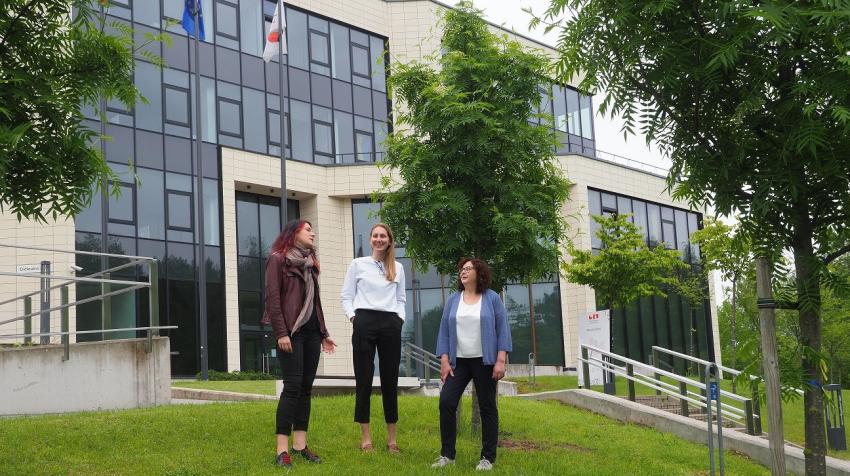“Young people’s attitudes and behavior will dictate the future shape and look of our societies,” said the United Nations Secretary-General, António Guterres, in 2021. It is now more evident than ever before, that we need to change our habits and behaviors to successfully adapt to ecological crises. And to ensure that evidence-based solutions in this sense are effective, we need to consider diverse contexts.
Environmental policies, level of environmental education, and infrastructure readiness vary widely from country to country. Some countries are challenged by social issues more than others, and these factors may prevent people from engaging in environmental conservation. Thus, policymakers need a variety of tools to facilitate transition and engagement in conservation of nature and the environment.
The value systems and views of communities and individuals towards environmental issues vary; therefore, the motives of why people engage in conservation of the environment also differ. However, behavior research in developing countries or countries that are in the early stages of implementing environmental policies or are often not focused on environmental conservation behavior.
To fill this gap, a group of researchers at the Mykolas Romeris University (MRU), a United Nations Academic Impact (UNAI) member institution in Lithuania, started to explore what motivates or discourages people in that country from conserving the environment. Audra Balundė, Goda Kaniušonytė, Inga Truskauskaitė-Kunevičienė, Lina Jovarauskaitė, Mykolas Simas Poškus, and Oksana Malinauskienė, led by Professor Rita Žukauskienė, launched the GoGreen project.
Do Lithuanian people focus solely on socioeconomic concerns rather than environmental protection? How widespread are various environmental conservation practices? What motivates people to engage in environmental conservation? Are there any differences in environmental conservation among adults and the younger generation? In response to these questions and needs, the research project was launched.
The goal was to understand the psychological mechanisms of the development of pro-environmental behavior in longitudinal intervention, considering the need for research-informed policies in Lithuania. This project is the first of its kind in the country to systematically study environmentally friendly behavior and the factors that determine its adoption from the perspective of environmental psychology.
The first part of the project consisted of a national survey to more than 500 adolescents. Results showed that they engaged relatively similarly in some behaviors, such as picking up their litter in nature, purchasing drinks in reusable packaging, and recycling batteries. There were also cases where adolescents engaged in actions such as going to school on foot, using public transportation to commute, or participating in environment protection events.
Results also demonstrated that adolescents think protecting nature is essential. These findings suggest that they have strong environmental values and identity that can lead to multiple and meaningful conservation actions. In the second part of the project, the research team looked for ways to encourage young people to conserve the environment. A behavior change program was developed and tested in several schools.
Then, the team replicated the program in a new sample of adolescents, with a focus on bottled water use. Reusable water canteens were provided to facilitate the refilling of bottles. Further, mobile app-based reminders were used as prompts. Every time participants entered information into the app on how much water they drank, they immediately saw how much money they saved and what a positive impact on the environment was.
The team asked participants to indicate how many bottles of water they purchase weekly. Finally, to model behavior and create awareness, a promotional video developed by the United Nations Environment Programme (UNEP) was used. A pilot version of the project increased adolescents' awareness of the consequences of plastic bottle pollution and the need to cut its use, and also increased youngsters feeling that they have control over their bottled water use behavior.
According to the team, affiliated to the Environmental Psychology Research Centre of the university, it was clear that there was a surge in “participants' moral obligation to refuse bottled water use, intentions to do their part were strengthened as well as the habits to drink tap water, and there was a decrease in bottled water use.” “We believe that results of this project could be interesting to policy makers of countries socioeconomically similar to Lithuania,” they added.
Click here to learn more about the youth programs and initiatives of UNEP. You can also take a look at UNEP's e-publication, GEO-6 for Youth, written by youth for youth to inform, engage, educate, and lead youth towards environmental action.




